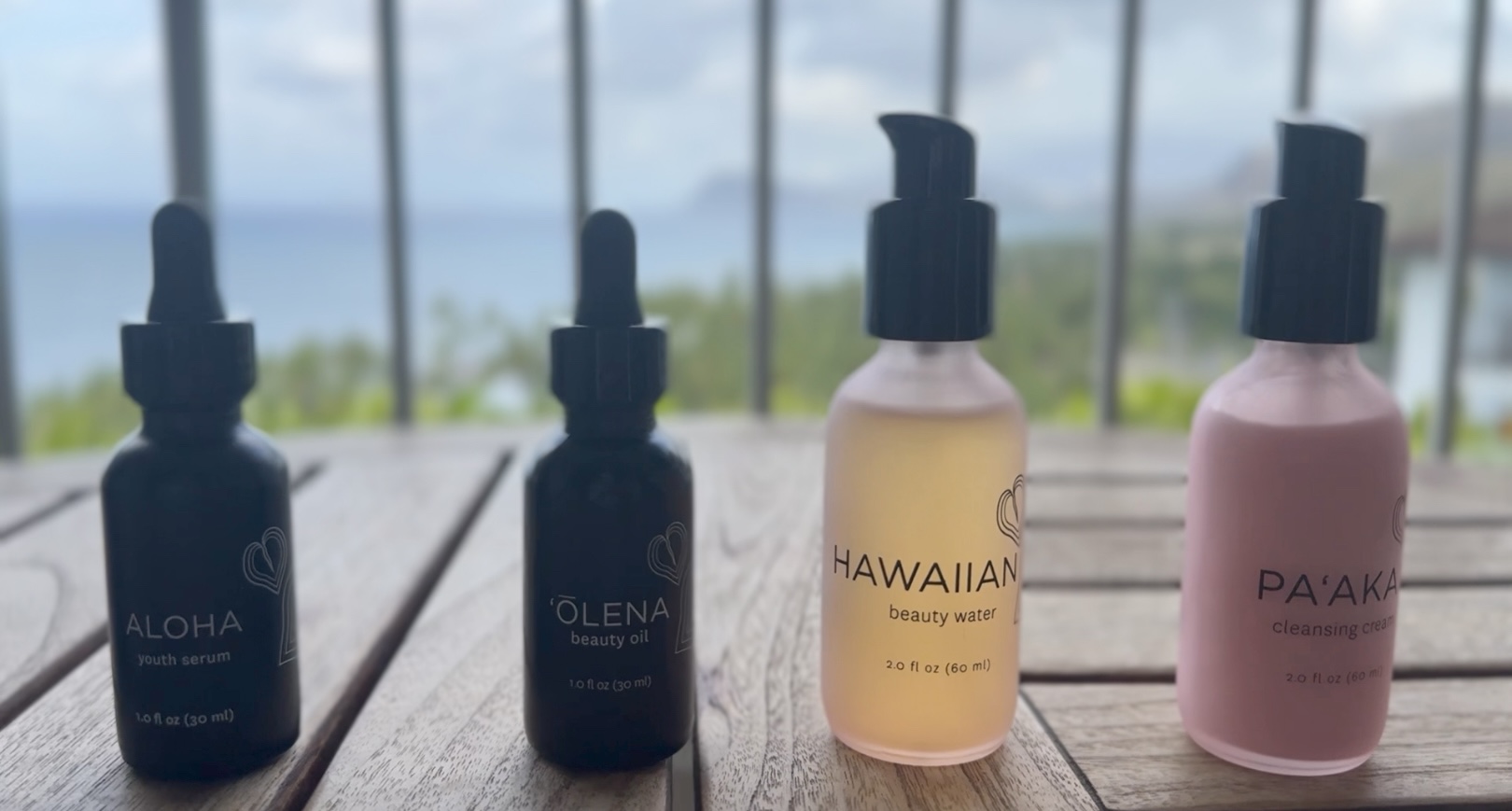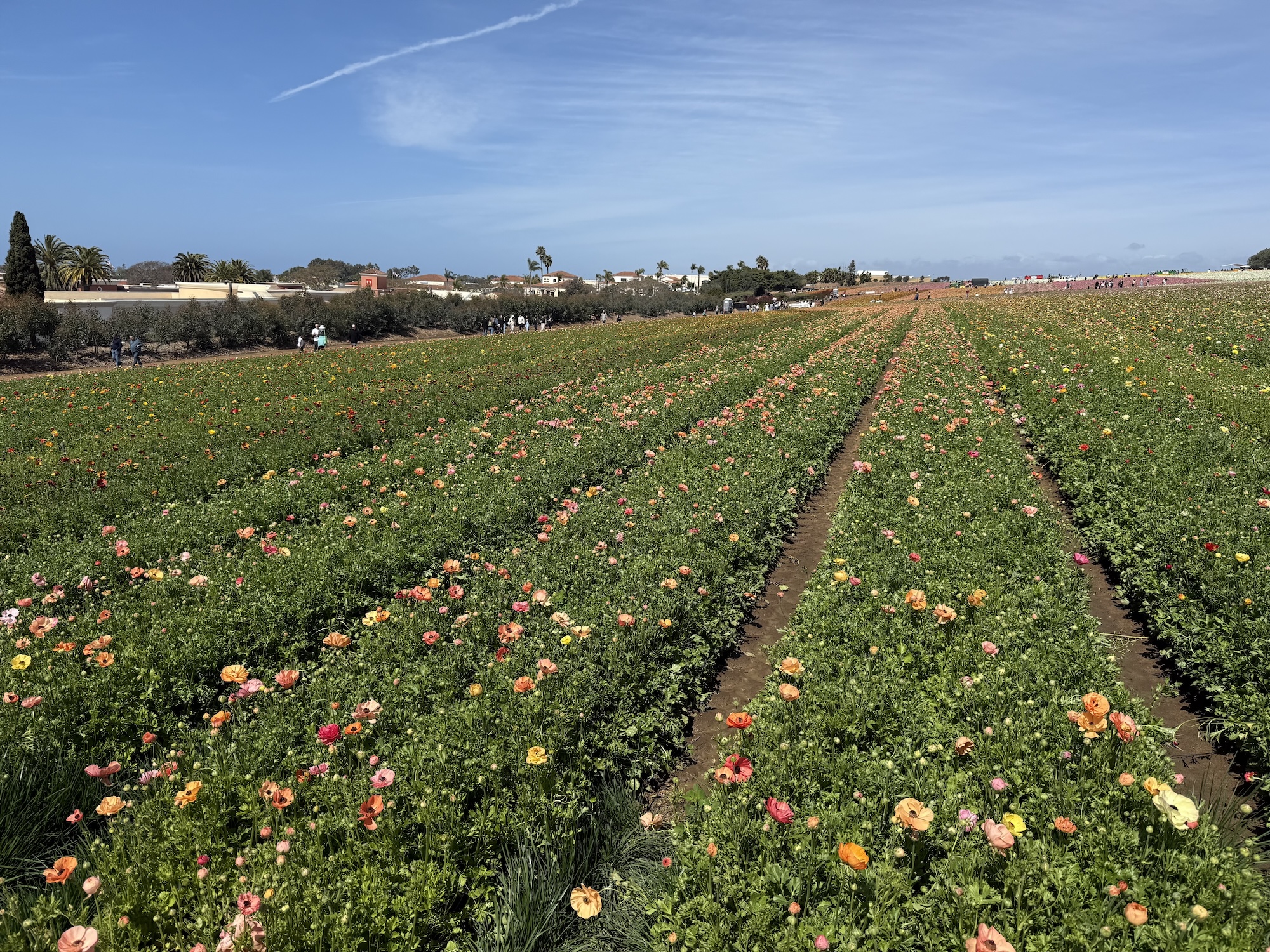Long before the invention of refined white sugar, people around the world have turned to natural sweeteners to enhance their foods and beverages. These civilizations relied on plant-based, mineral-rich alternatives, many of which are still in use today. Whether you’re looking for a healthier option or exploring historical culinary traditions, here are five natural sweeteners with deep cultural roots.
1. Beet Sugar: A European Innovation
Beet sugar has been a staple in Europe since the early 19th century when Napoleon Bonaparte promoted its use as an alternative to cane sugar, which was disrupted by trade blockades. Extracted from sugar beets and crystallized into granules, this sweetener played a crucial role in global sugar production. While nutritionally similar to cane sugar, beet sugar remains a significant crop in many countries, including France, Germany, and Russia.
2. Maple Syrup: The Sweet Gold of North America
Indigenous peoples of North America were the first to tap maple trees and boil their sap into syrup, a practice later adopted by European settlers. Maple syrup is not just a delicious pancake topping—it’s rich in manganese and zinc, contributing to immune and bone health. Today, Canada and the northeastern United States continue to produce the world’s finest maple syrup, maintaining a tradition that dates back thousands of years.
3. Dates: The Ancient Sweetener of the Middle East and North Africa
Dates have been prized for their natural sweetness for over 6,000 years, with origins in Mesopotamia and Egypt. This nutrient-dense fruit was a staple in ancient trade routes and remains a key ingredient in Middle Eastern and North African cuisine. High in fiber, potassium, and antioxidants, dates can be blended into a paste for baking, added to granola, or eaten whole as a naturally sweet treat.
4. Blackstrap Molasses: A Byproduct with a Rich History
A staple in Caribbean, American, and British kitchens, blackstrap molasses is derived from sugarcane but retains high amounts of iron, calcium, and magnesium due to its minimal processing. Enslaved Africans in the Caribbean helped shape the global molasses trade, and it became an essential ingredient in colonial America for baking and rum production. Despite its slightly bitter taste, blackstrap molasses remains a favorite for gingerbread, marinades, and traditional remedies.
5. Stevia: The South American Herbal Sweetener
For centuries, the Guaraní people of Paraguay and Brazil used stevia leaves to sweeten herbal teas and medicines. This plant-based sweetener contains no calories and does not raise blood sugar levels, making it a popular choice for diabetics and those looking to reduce sugar intake. Today, stevia is widely cultivated and used as a natural sweetener in beverages and desserts across the globe.
A Timeless Taste for Sweetness
From ancient civilizations to modern kitchens, natural sweeteners have played a vital role in culinary traditions worldwide. Whether you reach for the deep caramel notes of molasses, the rich history of dates, or the delicate touch of maple syrup, these time-honored alternatives continue to offer a sweet connection to the past.
What are your favorite natural sweeteners? Share your thoughts in the comments!




Comments
2 responses to “A Global History of Natural Sweeteners: Five Alternatives to Refined Sugar”
Organic light brown sugar
Thank you for sharing these sugar alternatives! I usually use maple syrup. As for me, it’s the best sweetener.